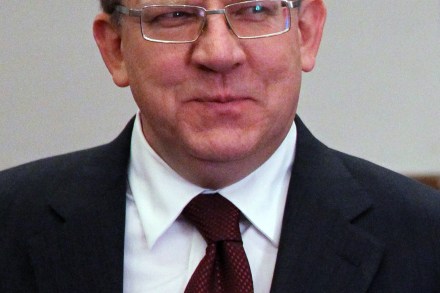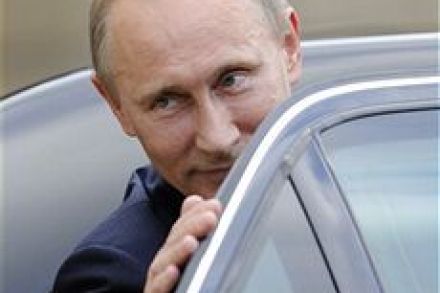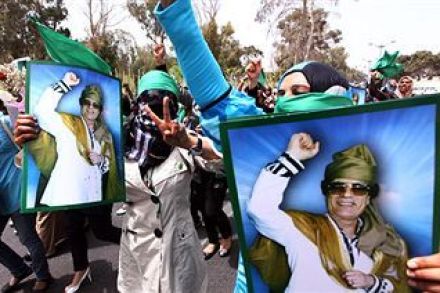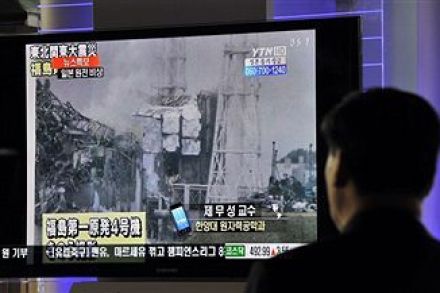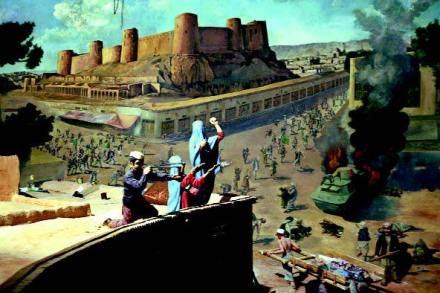Russia’s Kudrin quits – but how will he return?
The dramatic – some would say theatrical – exit of Alexei Kudrin as Russia’s finance minister couldn’t have come at a worst time. The world economy is incredibly fragile and oil prices are in flux. But is Kudrin, highly respected for his fiscal policies and a member of Putin’s inner circle, merely pushing for promotion? With the ruble slumping to a 28-month low yesterday, there are signs the market is worried over the loss of a finance minister who prudently curbed Russia’s budgetary excesses and far-sightedly built up its oil wealth funds. “Kudrin’s resignation will be a big blow for the Russian economy – experts are already forecasting a new wave
